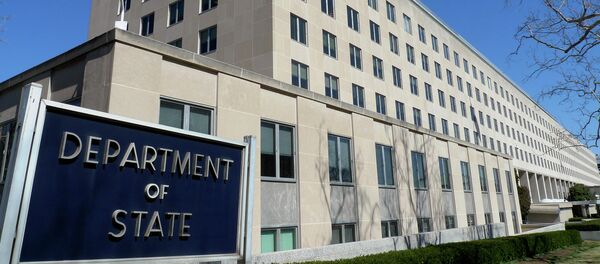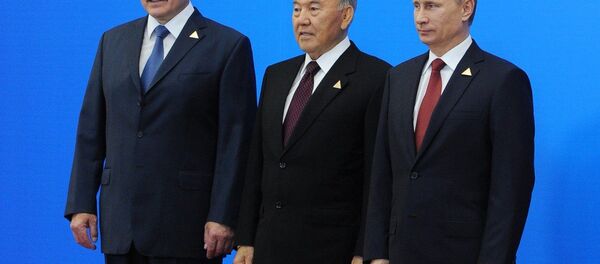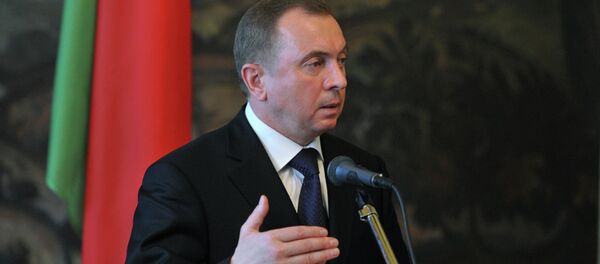As the world waited for the outcomes of the Minsk talks in February, one clear winner had already emerged: Belarus. Only a few years earlier, it was depicted in western media as a pariah state in Russia's shadow, whose leader was called by British journalists "the last dictator in Europe," Belarus was able to reinvent itself as an emerging economic and diplomatic power.
1. The Belarusian Economy Thirsts for Expansion
Now, with the Russian economy in recession, trade between Russia and Belarus has declined by five percent in 2014. Although the two countries are developing a plan to further reduce barriers to trade, Belarus has turned further abroad to sell its products. On Wednesday, during a meeting with the North Korean Foreign Minister Lee Su-yong, Belarusian Prime Minister Andrey Kobyakov announced:
"We have defined the following priorities: delivery of automotive and agricultural equipment to North Korea, organizing assembly plants for this equipment, shipments of light industry goods and agricultural cooperation."
Kobyakov stated that the goal of the new partnership is to develop a "strong and independent economy" for both countries, and that Belarus is open to large-scale cooperation with the country.
2. Unlike Russia's, Belarusian Companies are Not Swayed by Sanctions
"Some Belarusian companies have seriously suffered from cooperation with Iran, but this has not repelled us from cooperation with the Iranian side."
Belarus has invested over $600 million in Iran, although Kobyakov believes that the volume of trade between the two countries, which currently stands at approximately $100 million per year is far below potential. However, Kobyakov stated that Belarus will continue cooperation despite sanctions, which have a goal of "weakening our countries' economies, distancing us from each other, and laying their own path to our countries' markets."
3. Lukashenko Can Be a Friend Where Putin Can Only Be a Stakeholder
"In our view, terrorists cannot be divided into good and bad. And in these terms, we firmly believe that the Syrian government must become a partner for all states which truly want to eradicate terrorism in the world."
In addition, Belarus and Syria are developing further plans for economic partnership, as the volume of bilateral trade between the two countries was as much as $85 million per year before the war in Syria.
4. Belarus Has a Special Relationship With Ukraine
In addition, Lukashenko stated in a March 2014 interview to Ukrainian television that Belarus has been supporting Ukraine during planting and harvest seasons by loaning machinery to western Ukrainian farmers free of charge, only asking that they pay for the fuel. In addition, despite tensions, Belarusian manufacturers are planning on opening a grain harvester plant in Kharkiv which would produce at least 500 harvesters per year.
5. Color Revolutions and Coups in Belarus Proved Futile
"When certain countries' security service attempted to deploy the so-called 'revolutions through social networks,' we found informational way to withstand them, without blocking anything on the Internet… Everyone must know: if we are attacked, we will defend ourselves. And believe me, we will do it."
Unlike similar tactics, which were used to overthrow governments in Ukraine, Georgia and Serbia and subdued their international stance, Belarus has managed to remain stable enough to pursue an independent and consistent foreign policy.







